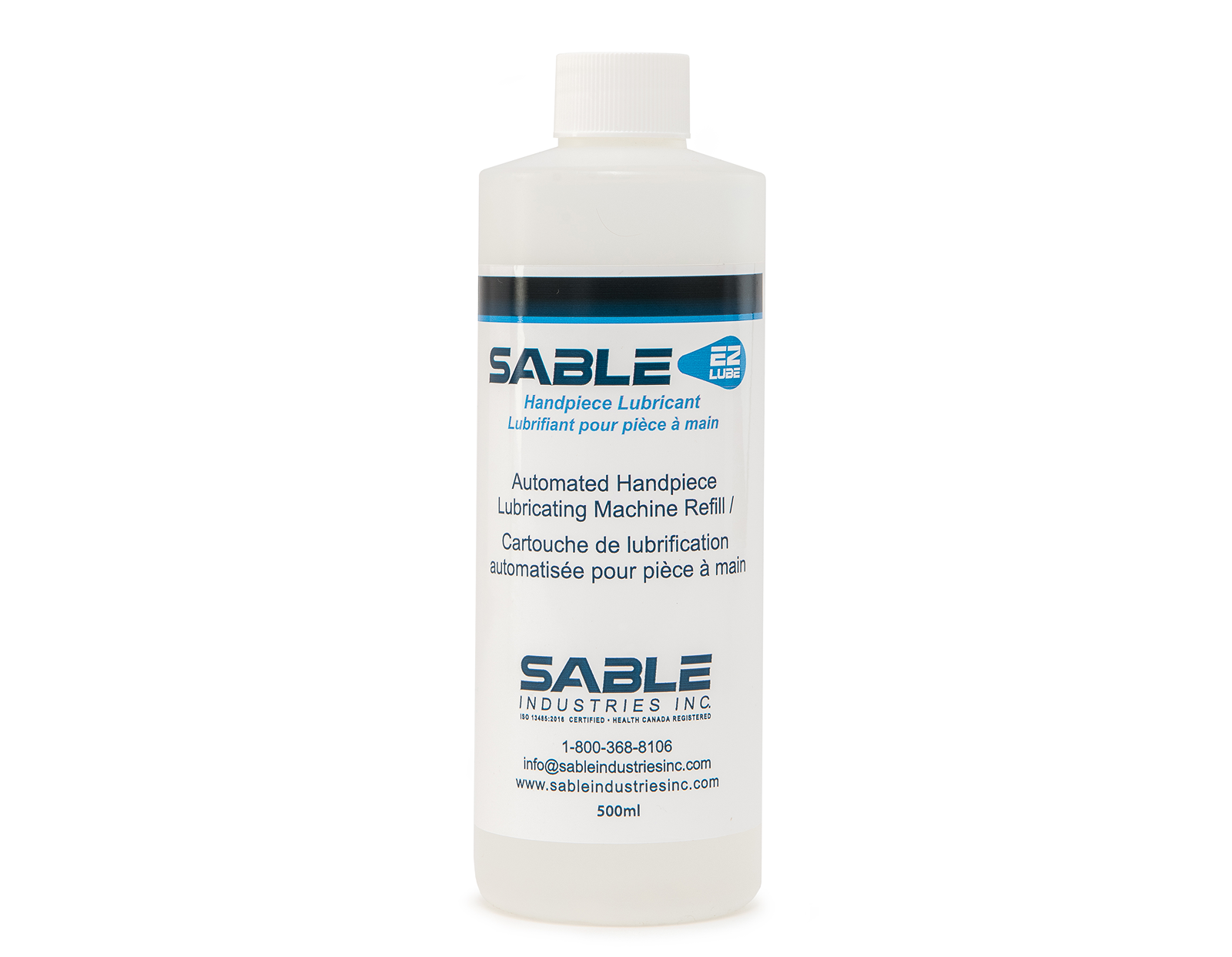You know the basics of oral health care: brush twice a day, floss your teeth, avoid sugary snacks, and visit your dentist at least twice a year. Here are 10 tips for oral health care you may not know (and a good refresher if you do!)
1) Brush Smarter
Which is better: a humble manual toothbrush or a fancy electric one? They can be equally effective, but what really matters is your brushing technique.
Don’t just brush up and down or back and forth. Hold the brush at a 45-degree angle and use a gentle, circular motion to clean each surface of the teeth, including the chewing side and the side facing your tongue, for at least two minutes. Brushing harder or faster doesn’t do you any good. In fact, it can actually lead to tooth and gum damage!
2) Don’t Forget to Floss
People often think flossing is secondary to brushing, but they are both essential to good oral health. If you aren’t flossing, you’re leaving a third of the surface of the teeth unclean.
The ideal flossing technique is a forward or backward motion, with the floss forming a curved ‘C’ shape around the tooth. Use a fresh part of the floss for each tooth so you aren’t re-inserting the bacteria you just removed.
3) Pay Attention to Sensitive Teeth
Sensitivity to heat and cold is a common dental complaint, and it’s often a sign of an underlying issue like tooth decay, gum disease, or tooth grinding. It’s important to find and treat the source of tooth sensitivity, even if the pain is mild. See your dentist at the first signs of sensitive teeth.
4) Eat Well and Brush Often
You’ve heard it since you were a kid: sugar causes cavities. True, a diet high in sugar can lead to cavities, but the real cause is plaque, produced by bacteria in your mouth that eats the carbohydrates left on teeth after a meal.
While sugar is the biggest cavity culprit, even healthy food leads to some plaque formation. This is why you should brush after every meal, not just after dessert, and avoid eating or drinking anything, aside from water, after you have brushed your teeth at night.
5) Watch Your Fillings
Do you have fillings? If so, you can usually expect them to last for eight to 10 years. However, some fillings break down earlier than that. When a filling starts to chip and break apart, food and bacteria can get caught underneath, causing decay deep in the tooth. Be sure to make a dental appointment if your tooth filling is not holding up.
6) Wear a Mouth Guard
Mouth guards are standard equipment for contact sports like hockey and football. However, less confrontational sports—such as baseball, skiing, and skateboarding—can also pose a risk of injury to your teeth. Even minor dental injuries can lead to long-term consequences, so a mouth guard is a good investment for anyone who participates in a sport on a regular basis.
7) Read the Ingredients on Toothpaste
What’s in your toothpaste? Different kinds of toothpaste—those for desensitizing, tartar control, whitening, et cetera—consist of different active ingredients. Understanding how these ingredients work will help you choose the right toothpaste for you. You should always choose a toothpaste containing fluoride, even if your tap water is already fluoridated.
8) Beat Bad Breath
There are many possible causes of bad breath, but poor oral hygiene is a common source. When you don’t brush and floss regularly, odor-causing bacteria can accumulate between teeth and in the back of your throat. However, bad breath can also be a sign of a medical problem, so have a dentist rule out any oral hygiene issues first.
9) Use Mouthwash as Directed
Mouthwash cannot replace proper brushing and flossing, but it can help boost your oral hygiene and control issues like bad breath, plaque, and oral sores. Be sure to read the instructions on the bottle before using it. Depending on the ingredients, the manufacturer may recommend using it either before or after brushing or flossing for the best results.
10) Make Regular Dental Appointments
Do not wait until you have a problem to see your dentist! Even if your teeth and gums seem fine, the dentist might notice things you can’t feel or see. Scheduling regular dental exams will help you detect and treat cavities, tooth decay, gingivitis, and other oral health issues before they become painful and/or expensive to fix.


